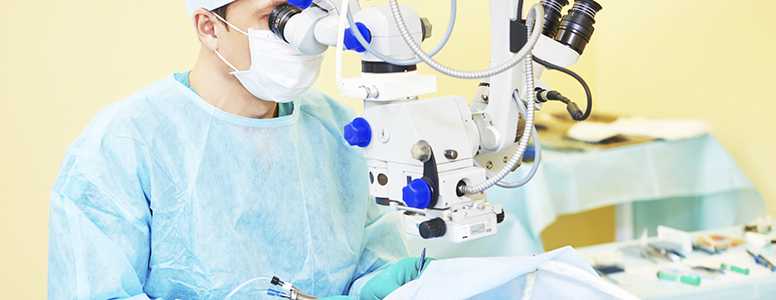Junk food consumption kills a number of beneficial stomach bacteria, according to new research.
The study, conducted by researchers at King’s College London, found that eating junk food was harmful to a range of a stomach bacterium that prevent obesity, type 2 diabetes, cancer, heart disease, bowel conditions, and autism.
The findings could be significant. It has long been a mystery why some people develop conditions like obesity and type 2 diabetes while others do not, even when both have eaten a diet with similar levels of fat, sugar, protein, and carbohydrates.
The study was conducted by son of lead author Tim Spector, Tom. For 10 days, the 23-year-old ate nothing but McDonald’s hamburgers, chicken nuggets, chips, and Coca-Cola. While processed foods like these have long been associated with the development of type 2 diabetes and obesity, this may be the first study to explain why.
“Before I started my father’s fast food diet there were about 3,500 bacterial species in my gut, dominated by a type called firmicutes,” said Tom.
“Once on the diet I rapidly lost 1,300 species and my gut was dominated by a group called bacteriodetes. The implication is that the McDonalds diet killed 1,300 of my gut species.”
The research supports the notion that the problem of obesity and type 2 diabetes in the UK is a complex issue, and not one caused by simply eating too many unhealthy things. Increasingly, it is becoming clear that the damage caused by processed food is nuanced.
The damage caused by junk food on beneficial stomach bacteria is wide-ranging. The bacteria kill off damaging microbes and regulate the metabolism. The bacteria also produce digestive enzymes, which help the body to absorb important minerals like calcium and iron.
Professor Tim Spector said: “Microbes get a bad press, but only a few of the millions of species are harmful, and many are crucial to our health.
“What is emerging is that changes in our gut microbe community, or microbiomen, are likely to be responsible for much of our obesity epidemic, and consequences like [type 2] diabetes, cancer and heart disease.”
What's new on the forum? ⭐️
Get our free newsletters
Stay up to date with the latest news, research and breakthroughs.





